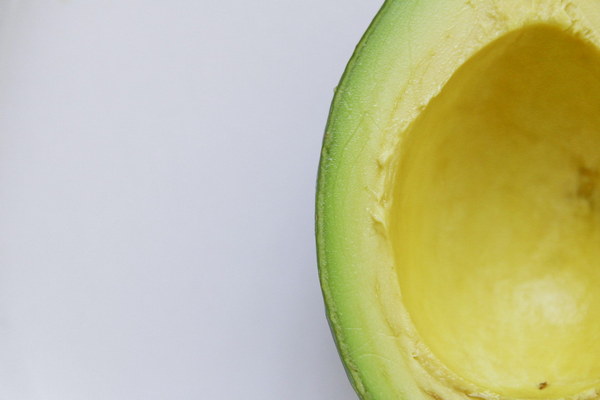Mackerel The Seafood That Nourishes Your Stomach and Boosts Your Health
Introduction:
When it comes to seafood, mackerel often flies under the radar, overshadowed by more popular fish like salmon and tuna. However, this underappreciated fish offers numerous health benefits, particularly for your stomach. Packed with essential nutrients, mackerel can help improve digestion, reduce inflammation, and even aid in weight loss. Let's delve into the wonders of mackerel and why it deserves a place on your plate.
1. Rich in Omega-3 Fatty Acids:
One of the primary reasons why mackerel is so beneficial for your stomach is its high omega-3 fatty acid content. These healthy fats have anti-inflammatory properties that can help reduce stomach inflammation and alleviate symptoms of conditions like irritable bowel syndrome (IBS) and Crohn's disease. Additionally, omega-3s can improve gut microbiome balance, leading to better digestion and overall gut health.
2. Protein Powerhouse:
Mackerel is an excellent source of high-quality protein, which is essential for repairing and building stomach lining. This helps maintain the integrity of your digestive system and can prevent issues like stomach ulcers and leaky gut syndrome. Including mackerel in your diet can also aid in muscle repair and overall muscle strength.
3. Rich in Vitamin B12:
Vitamin B12 is crucial for maintaining a healthy digestive system. This nutrient plays a vital role in the production of red blood cells, which help carry oxygen to your gut. Mackerel is an excellent source of vitamin B12, ensuring your stomach receives the necessary nutrients for optimal function.
4. Folate for Gut Health:
Folate, also known as vitamin B9, is another essential nutrient for a healthy stomach. This nutrient is involved in the production of DNA and RNA, which are essential for cell division and growth. Mackerel is high in folate, helping to maintain a healthy gut lining and reduce the risk of developing gastrointestinal issues.
5. Antioxidant Properties:

Mackerel is rich in antioxidants, such as selenium and vitamin E, which can help combat oxidative stress in the stomach. Oxidative stress can lead to inflammation and damage to the stomach lining, increasing the risk of developing stomach ulcers and other gastrointestinal problems. By incorporating mackerel into your diet, you can reduce oxidative stress and protect your stomach from potential harm.
6. Weight Loss Benefits:
For those looking to shed some pounds, mackerel can be a valuable addition to your diet. Its high protein and low-fat content make it an ideal food for weight loss. Mackerel can help keep you feeling full for longer, reducing the likelihood of overeating. Furthermore, omega-3 fatty acids have been shown to increase metabolism, further aiding in weight loss efforts.
Conclusion:
Mackerel is a versatile and nutritious seafood that offers a myriad of health benefits, particularly for your stomach. With its high omega-3 fatty acid content, protein, vitamins, and antioxidants, mackerel can help improve digestion, reduce inflammation, and promote overall gut health. So why not give this delicious fish a try and enjoy its stomach-soothing properties?









